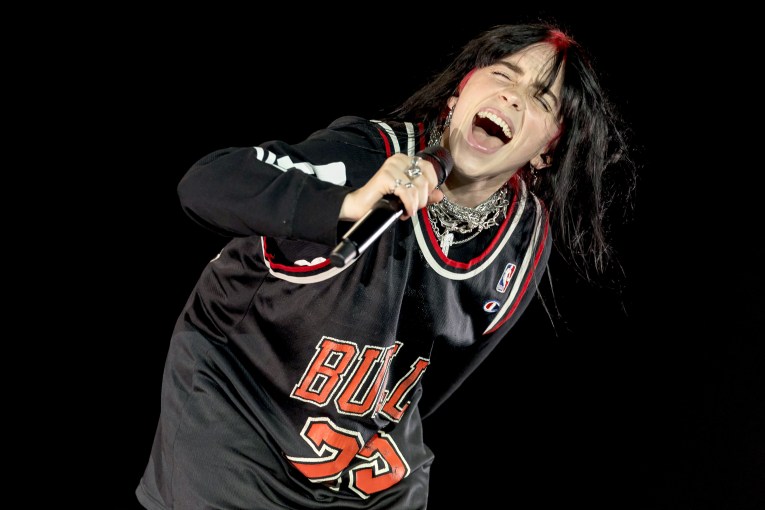Shoppers want more from the brands they’re supporting: Survey


Consumers are demanding more ethical behaviours from brands and companies. Photo: Getty
Evolving consumer ethics will see a dramatic shift in the way Australian companies do business, with an emphasis on aligning to their shoppers’ values.
Businesses will have to change their operations to keep up with consumer standards, from seemingly superficial things like packaging, to core operations such as worker treatment.
Retail and marketing academic Louise Grimmer told The New Daily Aussies were asking more of the companies on the receiving end of their spending – especially in the area of climate change.
“Australian consumers (are) demanding brands be much more accountable in the areas of their response to climate change, environmentally responsible practices, ethical treatment of workers and I think this will continue to grow, which means that organisations are going to have to step up in how they conduct their operations right the way through their supply chains, including the collection and use of customer data,” Dr Grimmer said.
It’s a similar pattern across the world.
A global communications agency this week revealed 74 per cent of consumers – of 80,000 surveyed across three years – said they expected brands to take a stand on important issues.
The WE Communications survey results identified that: Consumers expect more from brands than ever before; while people want technology that makes their lives easier, they won’t sacrifice convenience for unethical behaviour like data harvesting; and finally, brands need to demonstrate to consumers that not only can they provide a quality product, that product comes from an ethical source.
The CEO of the agency’s Australian branch Gemma Hudson said the study demonstrated that brands need to learn how to anticipate the issues that will matter to consumers.
Ms Hudson cited the environment, data protection and corporate behaviour as three examples.
“Consumers expect brands to treat individuals, communities and the environment with the utmost respect,” Ms Hudson said in a statement.
“The current consumer revolution isn’t about staying polite but fighting for what they believe in.
“They want brands to show they are human to the core.”
But UTS business ethics lecturer Martijn Boersma said a consumer’s desire to support brands that cared about the environment was a kind of hypocrisy.
“The world is witnessing several ecological and humanitarian crises,” Dr Boersma told The New Daily.
“The most prominent ones, climate change and inequality, are the direct result of our economic model, which is based on endless growth and consumption.”
Dr Grimmer said in the environmental space, more and more retailers would be adapting to consumers’ eco-attitudes, by reducing packaging – especially plastic.
“We will see in this general space an increase in the number of retailers allowing customers to refill items, bring their own containers, rent products, sell used products back to retail stores,” she said.
“By believing that ‘brands can help unite a divided world’, people can continue to consume without having to change their behaviour. It enables people to create a facade of ‘conscious consumption’,” he said.
“People’s social and environmental responsibility actually becomes embedded in their consumption.”








